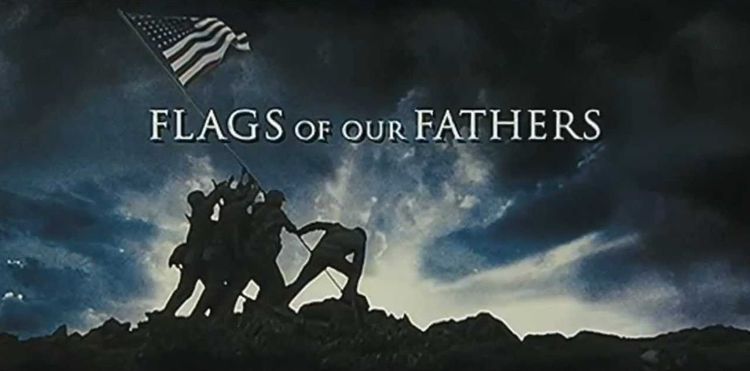
Diversity On Iwo Jima
06/09/2008
Spike Lee is complaining that Clint Eastwood, in his Iwo Jima movie Flags of Our Fathers, doesn’t feature enough "Negro soldiers."(Lee’s phrase)
"Many veterans, African-Americans, who survived that war are upset at Clint Eastwood. In his vision of Iwo Jima, Negro soldiers did not exist. Simple as that. I have a different version."[Iwo Jima films slammed for overlooking blacksThe Associated Press May 23, 2008 ]
I would have guessed that this was because there weren’t any, or hardly any, because the brunt of the Iwo Jima effort came from the Naval Service, both Navy and Marines, neither of which had much in the way of integration at the time.
Former intelligence officer "George Smiley" at the In From The Cold Blog has the actual figures, which say that there were 700 African-Americans on Iwo, total, out of 80,000 troops, and most of them were in support roles, loading and unloading ammunition, for example. (Not that that’s any picnic under combat conditions.)They only engaged in actual combat when the Japanese succeeded in penetrating to a rear area.
As for "Negro soldiers," the term "soldiers" is not used to refer to Marines, and the Army didn’t take over Iwo Jima until after it was declared secure, when the 147th Infantry Regiment relieved the Marines.
The main ethnic groups engaged in frontline combat on Iwo Jima were white Americans and Japanese, (the least multicultural people on Earth) with some valued contributions from American Indians — including Ira Hayes, a Pima Indian, who was one of the men who raised the flag on Mount Suribach, and the Navajo Code Talkers.
If you are a recent graduate of a public school, your teachers may have given you the impression that the fighting was done by a coalition of the Tuskegee Airmen, the Navajo Code Talkers, black Navy stewards, and the 442nd Regimental Combat Team, while white troops sat at home guarding Manzanar, but this is not the case. Partly because America was 90 percent white, and partly because of segregation, World War II was fought almost entirely by white troops.
Eastwood knows this, of course,and told the Guardian
As for Flags of Our Fathers, he says, yes, there was a small detachment of black troops on Iwo Jima as a part of a munitions company, "but they didn’t raise the flag. The story is Flags of Our Fathers, the famous flag-raising picture, and they didn’t do that. If I go ahead and put an African-American actor in there, people'd go, 'This guy’s lost his mind.' I mean, it’s not accurate."
Of course, there’s been a lot of mind-losing going on in Hollywood over the past twenty years. Jonah Goldberg, who is reliable on the subject of bad movies, described the phenomenon of the
Anachronistic Black Man. This is the African-American character who is wildly out of place in the time the film depicts. Slaves who talk like Harvard grads and black cowboys whose ethnicity seems trivial can be found in a host of films. Perhaps the best recent example was in the film U-571, in which a black galley cook on a (segregated) World War II submarine not only bellows orders to the white crewmen and hobnobs with the officers, but is also an expert submariner himself. He even knows how to drive a German U-boat without instruction.
See Robin Hood, Prince Of Thieves, with Morgan Freeman as"Azeem", or Wild Wild West, with Will Smith in the role played by Robert Conrad in the Sixties television show. Spike Lee could claim that there’s now a tradition of inserting black characters in historical contexts where they don’t fit, but he can’t claim that he’s serving historical truth.
